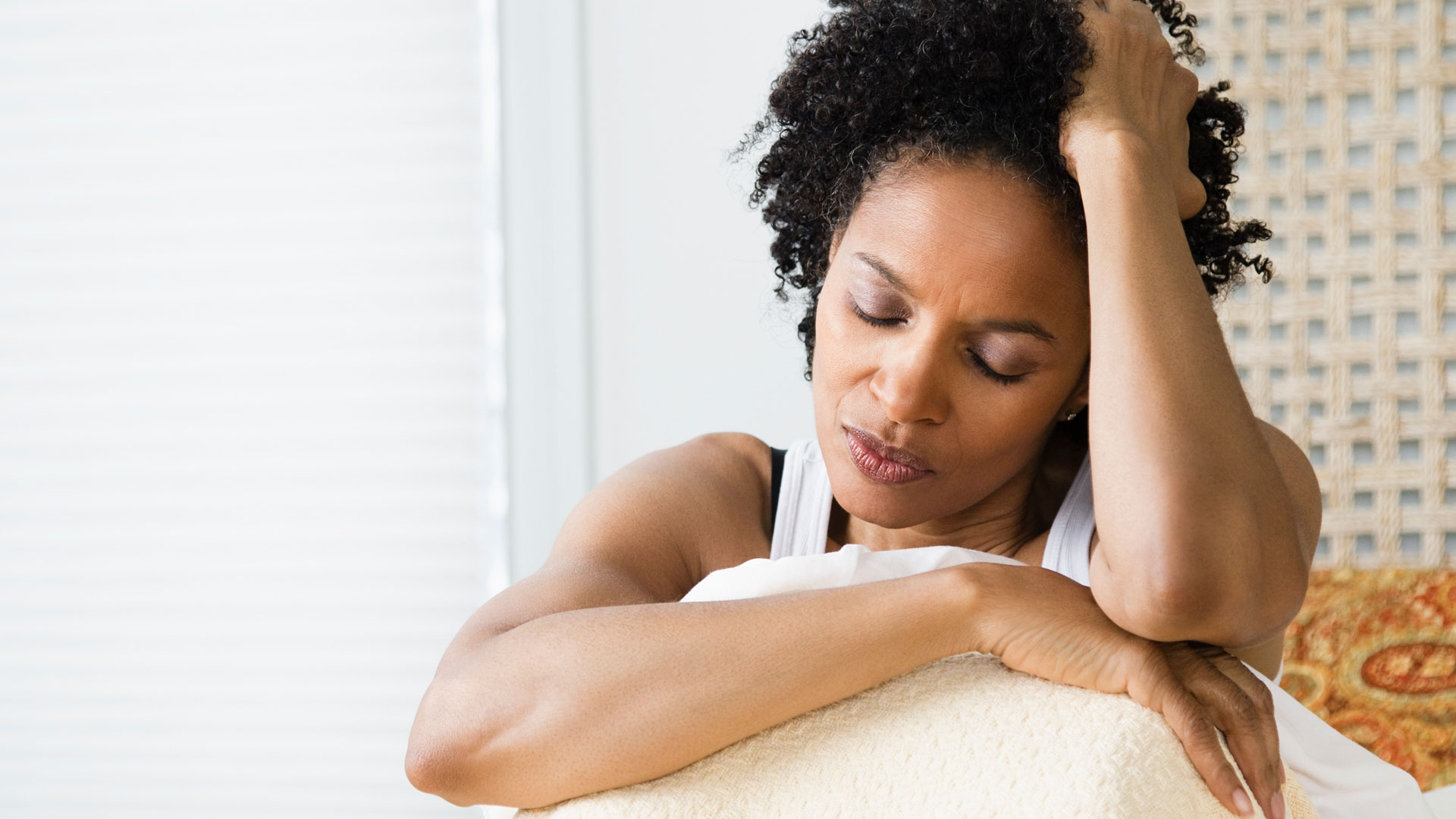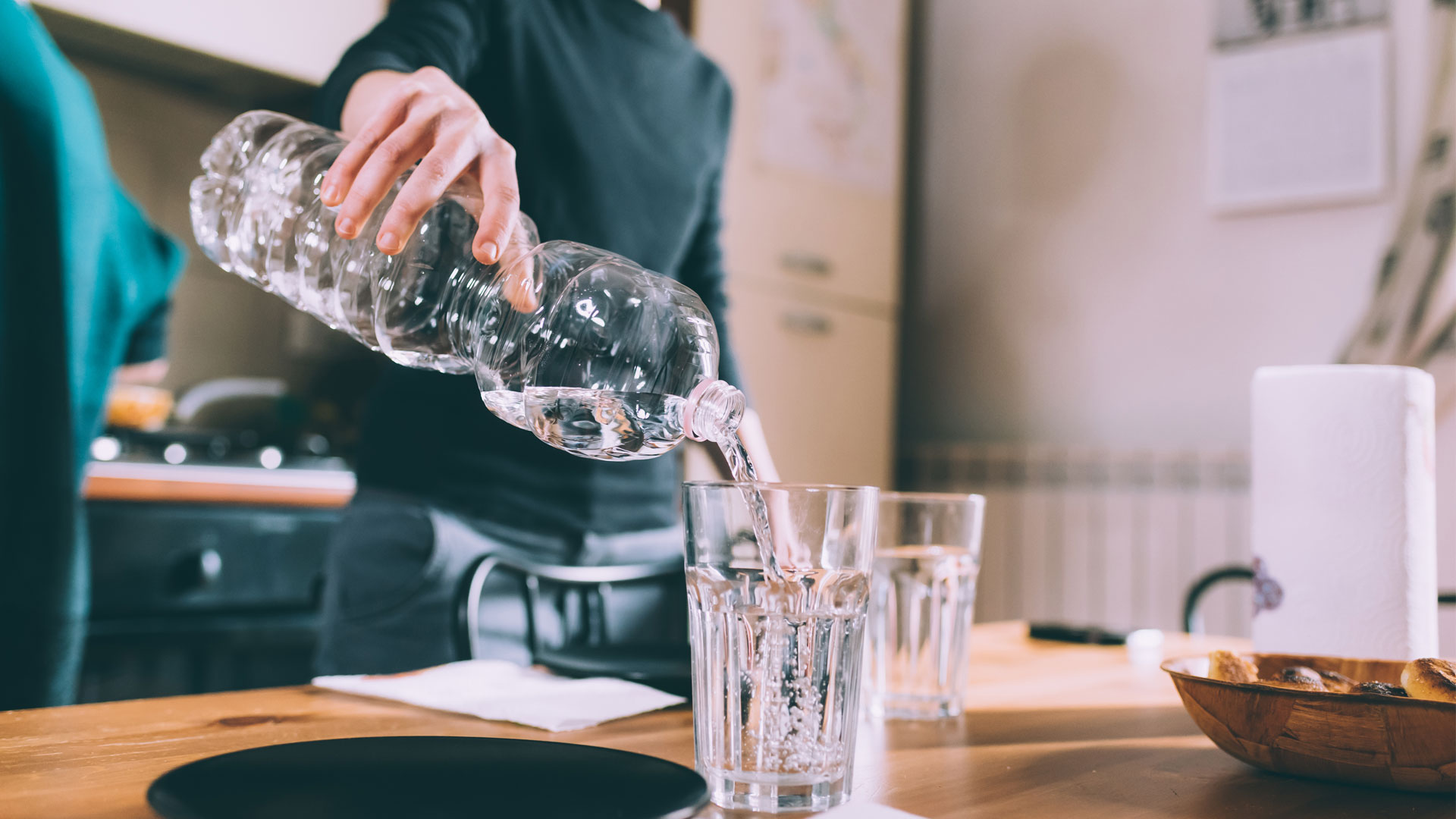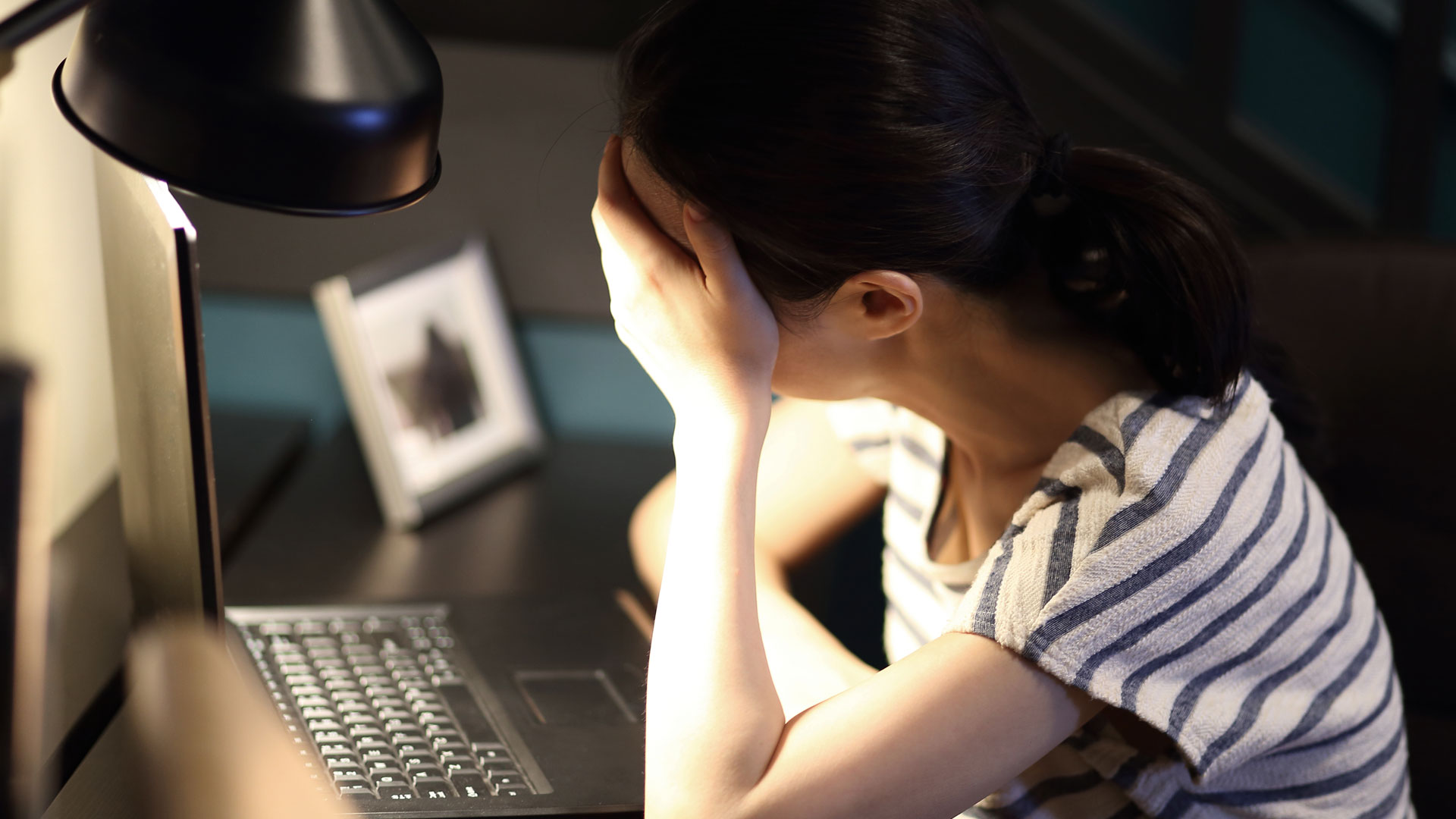How to have more energy
Feeling sluggish and wondering how to have more energy? Here’s what to do


Start your week with achievable workout ideas, health tips and wellbeing advice in your inbox.
You are now subscribed
Your newsletter sign-up was successful
Searching for how to have more energy? If you find yourself feeling tired all the time, having trouble staying awake, or gulping multiple cups of coffee just to make it to lunchtime, then it’s understandable if you’re looking for a solution. Most of us feel listless from time to time but probably don’t realize just what to do about it.
You might see supplements and drinks that promise to give you more energy, but there are plenty of other ways to reduce fatigue and boost your energy levels. In addition, making changes to your daily routine, such as spending some time on one of the best exercise machines to lose weight, can significantly affect how energetic you feel and benefit many different aspects of your health.
We’ve got the lowdown on how to have more energy. But if you’ve tried everything and still struggle with lethargy, it’s advisable to speak to your doctor, who can order some tests to see if there are any underlying causes of your tiredness.

How to feel more energetic
If you’re unsure how to have more energy every day, there are simple steps you can take to feel more energetic.
Reducing stress can have a significant impact on your energy levels. Not only does stress take a toll on your physical and mental health, but research shows it is closely linked to tiredness and fatigue. Look at the things that are causing you stress and ask yourself whether you can remove them from your life. If that’s not possible, think about actions you can take to reduce your stress about that thing in the long term.
Changing your eating habits could be beneficial to your energy levels. Following a well-balanced diet not only helps to reduce your risk of several chronic conditions, but research shows it can also significantly affect your energy levels. For example, studies show that a diet of processed foods high in sugar and saturated fat may negatively affect your energy and overall health.
Fuelling your body with whole, nutritious foods will give it the vitamins and minerals it needs to function at its best. Try not to skip breakfast because some studies show that not eating in the morning can lead to fatigue, anxiety, and poor attention.
Start your week with achievable workout ideas, health tips and wellbeing advice in your inbox.
It can be tempting to reach for a sweet, sugar-filled snack when you feel tired. Although sugar can give you a short-term energy boost, it also wears off very quickly and can leave you feeling more tired than before. In addition, research shows that high sugar foods cause a sharp rise in blood sugar levels, followed by a crash as the body releases insulin to transport sugar from the bloodstream to the cells.
Drinking enough water is incredibly important for several aspects of health, and dehydration can make you feel tired. Studies show that dehydration can significantly affect your brain function, mood, and energy levels. For example, one small study found that acute dehydration significantly increased the awareness of fatigue and impaired muscular performance in athletes. Try to drink water throughout the day to boost your energy, don’t just drink when you’re thirsty. If you’re thirsty, you’re already dehydrated.
Many people mistakenly believe that drinking alcohol can be an effective way to fall asleep faster. However, research shows that regularly drinking alcohol before bed can reduce the quality of your sleep. For this reason, it’s best to enjoy alcohol in moderation and limit your intake before bedtime. The Centers for Disease Control and Prevention (CDC) defines moderation as one drink per day for women and two for men.
Scientists have found that social isolation can impact mood and tiredness, especially as you get older. So if you feel tired, it can be helpful to make plans with friends or take up a hobby that allows you to meet new people.

Does exercise affect our energy levels?
You might think that exercise will make you more tired, but moving more can help give you more energy. Not only is regular exercise important for reducing your risk of chronic diseases, including heart disease, type 2 diabetes, and obesity, it’s also a vital component in the fight against fatigue. Research suggests that adding more physical activity to your routine could help increase your energy levels.
In one small study, university students who participated in a low-intensity running program three times a week for six weeks experienced significant improvements in fatigue and sleep quality compared with a control group. Another study of employees with high levels of work-related fatigue showed that participating in a six-week exercise program improved emotional exhaustion, overall fatigue, sleep quality, and cognitive function.
Exercise also boosts cardiovascular health, which allows you to have greater energy and endurance throughout the day. The American Heart Association recommends at least 30 minutes of moderate-intensity aerobic activity at least five days a week for overall cardiovascular health.
To incorporate exercise into your day, try getting up from your desk regularly, going for a walk on your lunch break, taking the stairs instead of the elevator, or walking to pick up groceries instead of driving.
How does sleep affect energy levels?
Sleep loss is a significant drain on energy. Our bodies and brains need adequate sleep to restore good brain-cell functioning. Having a regular bedtime schedule will help set your internal clock, so your body knows when to sleep and when to wake.
If you often feel tired throughout the day, it may be the quality of sleep that is lacking. Try going to bed earlier, and reducing screen time before bed. Research suggests that limiting your use of electronic devices, like your phone, laptop, or TV before bed could help increase sleep quality and prevent daytime sleepiness.
Although the amount of sleep a person needs can vary slightly, experts at the American Academy of Sleep Medicine and Sleep Research Society generally recommend aiming for at least seven hours per night to boost energy levels and support overall health.
If you have trouble sleeping, you may benefit from winding down at the end of the day by taking a bubble bath, reading a book, meditating, or listening to relaxing music.
Catherine is a freelance journalist writing across titles such as Verywell Health, Healthline, The Daily Telegraph, Refinery29, Elle, and Vogue. She specializes in content covering health, fitness, wellness, and culture.
A once reluctant runner, Catherine has competed in 30 running events in the past five years and looks forward to one day running the London Marathon.
